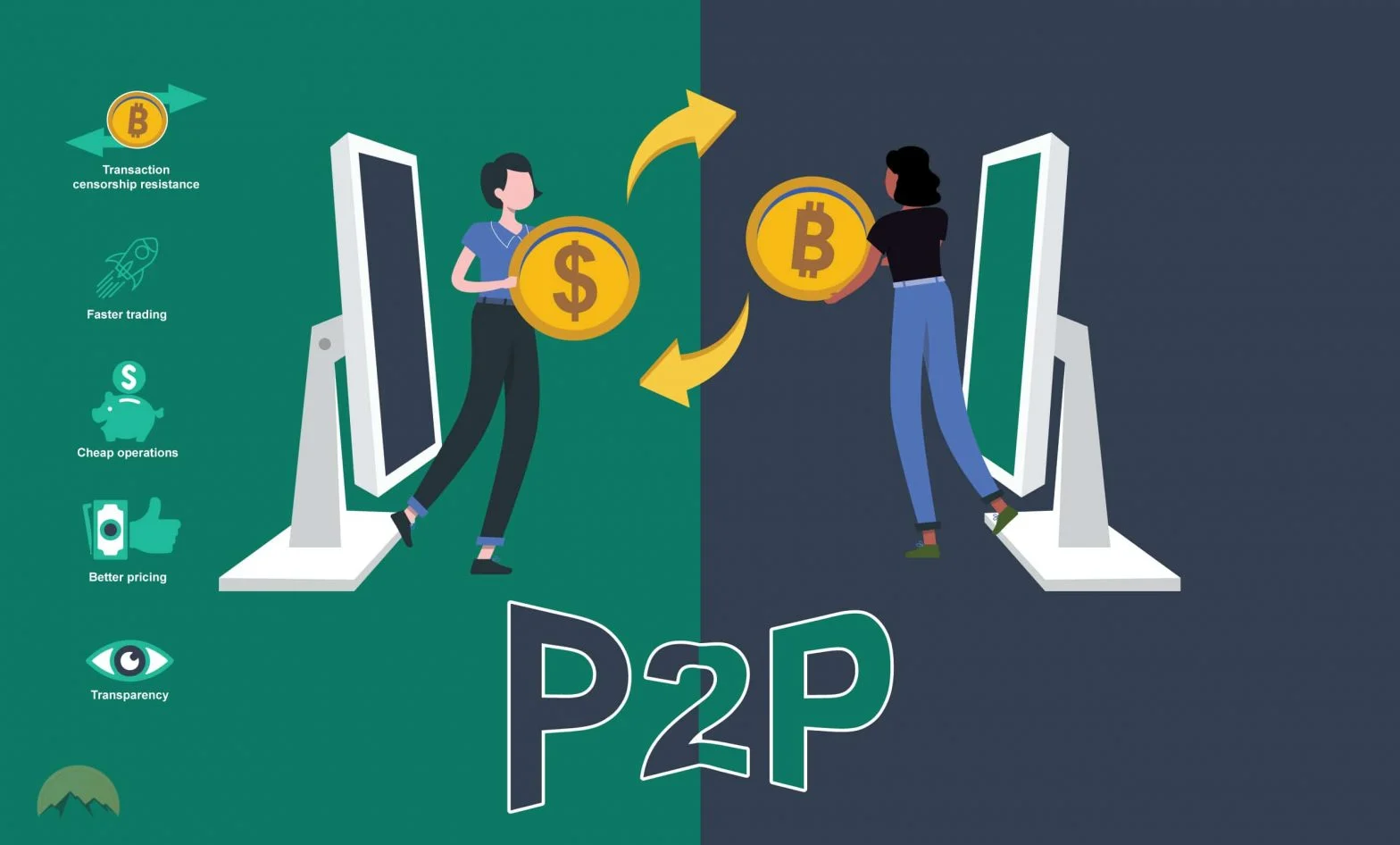A draft proposal for a “Zero-KYC Assurance Mechanism for Fiduciary Money Transfer” has been introduced by ShadowOfHarbringer to Secure P2P crypto transactions.
By protecting transactions without KYC, a Reddit user’s proposal seeks to stop MitM scams in P2P bitcoin markets.
In peer-to-peer (P2P) cryptocurrency exchanges, the concept seeks to stop financial scams known as man-in-the-middle (MitM) attacks.
ZKAM-FMT aims to protect transactions without using Know Your Customer (KYC) procedures, which are seen negatively by users who value their privacy as intrusive and cumbersome.
The suggested system
A typical MitM scam involves an unknowing customer being tricked into sending money to a cryptocurrency seller account by the malevolent actor intercepting a transaction between two law-abiding parties.
The customer is left without their purchase, and the seller faces possible legal repercussions when they inadvertently give the lousy actor access to the seller’s cryptocurrency funds.
An integrated browser inside P2P market apps that validates transaction details, such as amount, transfer title, and account number, is suggested by the ZKAM-FMT recommended solution.
The procedure guarantees that money is handled correctly, reduces privacy issues, and verifies the data without retaining sensitive user information or bank system interactions.
Concerns with implementing the proposal
Even though the Reddit user’s suggestion presents a novel strategy for preventing scams, specific practical issues were brought up.
Integration with banking websites is a significant difficulty that may provide issues because of updated requirements and the structure of banking platforms.
According to the Reddit user, the “biggest downside” of the proposal is not surveillance but rather “young people’s” inability to use bank websites for transactions.
“They use apps. In the case the customer wants to use an app, this scheme becomes useless.”
Ageism or essential anti-scam measures?
The CEO of Independent Reserve, Adrian Przelozny, clarified that “people over 65” are more susceptible to scams in a September 1 interview.
Eighty-year-olds who withdraw cryptocurrency “are going to get a call,” the executive from a cryptocurrency exchange claims, because they are more likely to become victims of scams.
However, Lloyds Bank reported in November 2023 that younger clients in the UK are more prone to fall victim to scams. The bank asserted that a quarter of the victims of cryptocurrency scams are between the ages of 25 and 34.



